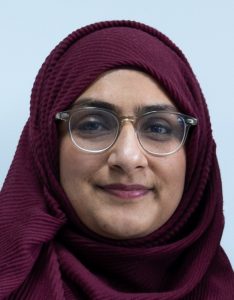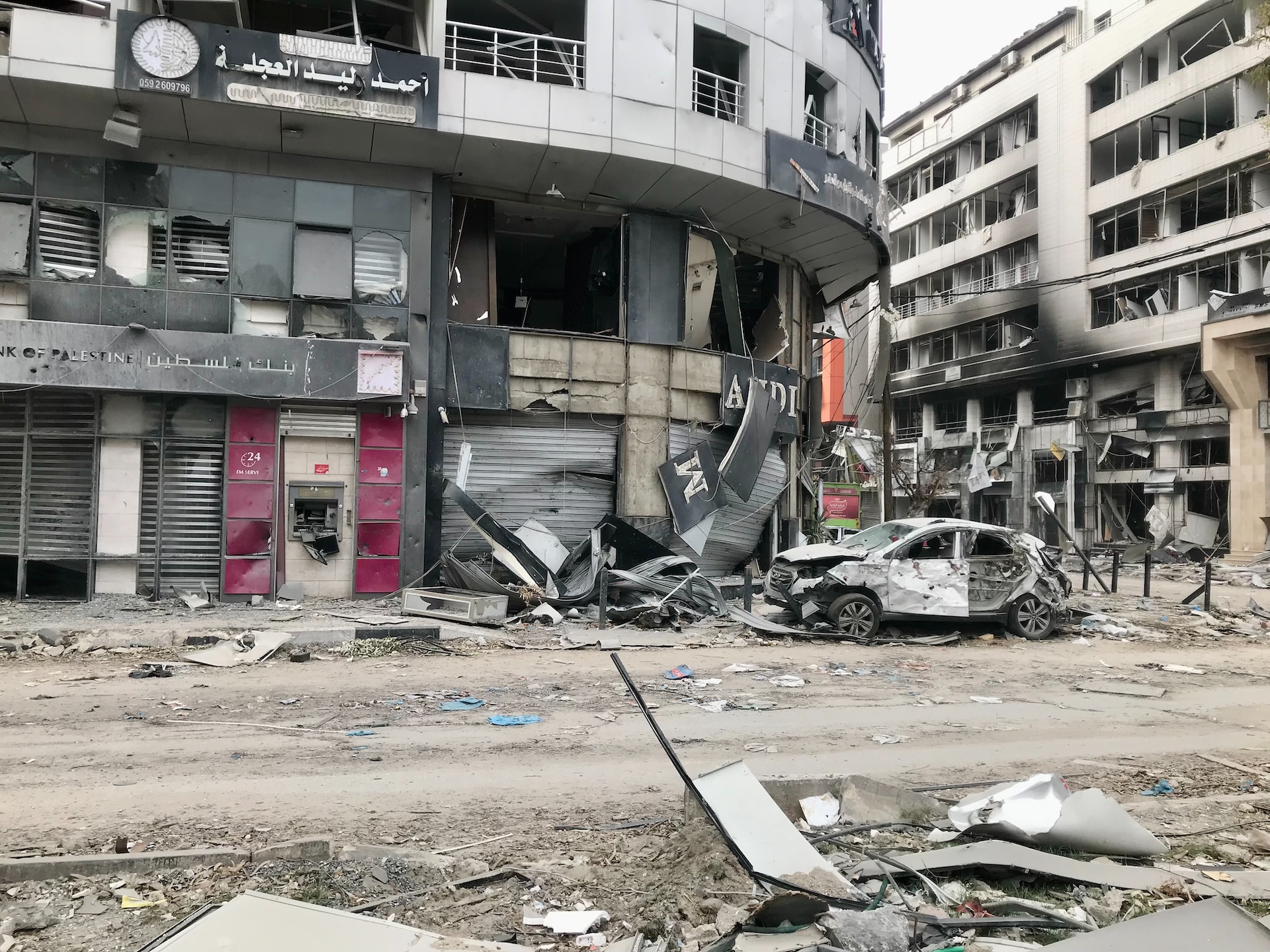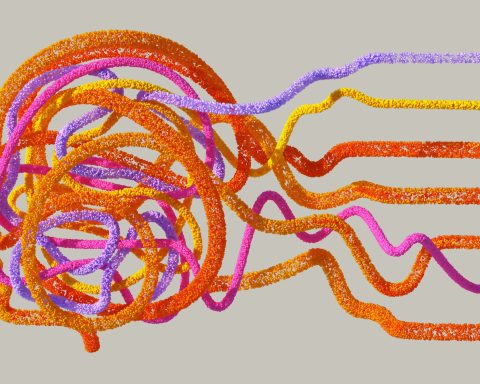
Safiya Virji is a GP and medical educator in London*
Against a backdrop of armed conflict and geo-political instability, medical education becomes a daunting challenge. As a UK GP with a professed interest in educational leadership in areas of inequality, I was sent a call for educational support that originated from the Dean of the international medical school at the Arab American University of Palestine. This request unravelled the challenges facing his students, institute, and the healthcare system at large while in the middle of war. It is a narrative of resilience amid chaos, where the continuity of undergraduate medical education hangs precariously in the balance, overshadowed by infrastructure damage, resource scarcity, and a pervasive threat to personal safety.1
For students and faculty alike, navigating these adversities is comparable to walking a tightrope without a safety net. The disruption of academic schedules and clinical placements not only jeopardises educational progression, but also challenges students’ ability to contribute meaningfully to healthcare delivery in their communities. The toll on student mental health and well-being is palpable, as they grapple with the constant threat of danger while striving to fulfil their aspirations in the medical arena.
At the heart of this struggle lies the critical role of primary care – the centre of health outcomes for individuals and communities. The repercussions of disrupted medical education cascades through the healthcare system, exacerbating existing disparities and placing additional strain on already overstretched resources. Rebuilding the healthcare infrastructure is not just a matter of necessity; it is a moral imperative that demands our collective attention and action.
The repercussions of disrupted medical education cascades through the healthcare system, exacerbating existing disparities and placing additional strain on already overstretched resources.
Governments and global organisations must prioritise the protection of medical education institutes and the safety of their students and educators. It is also incumbent on us to recognise that the provision of quality medical education is not just a privilege, but a fundamental human right – one that must be safeguarded even in the most challenging of circumstances.
In an unsuccessful systematic search for a single undergraduate medical educational solution to support medical schools in difficulty, I considered the potential of an innovative eLearning platform. Could there be an opportunity to develop a unique educational resource that would offer a lifeline to students in conflict zones, and provide access in a flexible and inclusive format?
Introducing MSID!
The innovative Medical Schools in Difficulty (MSID) eLearning platform is designed by GP educators, and developed through the collective efforts of over 200 medical students and doctors worldwide. MSID aims to bridge educational disparities specifically relating to disrupted clinical placements, by offering short videos that are aligned to all 200+ patient presentations on the General Medical Council (GMC) United Kingdom Medical Licensing Assessment (UKMLA) content map. With all content peer-reviewed by GMC registered Consultants and GPs, MSID instils confidence in students and medical schools, fostering a culture of quality and resilience.
MSID transcends the barriers of connectivity and accessibility with its user-friendly interface and offline functionality, reaching students in the furthest corners of conflict-affected regions.
Although MSID is rooted in a western MBBS curriculum, its reach has extended to over 10 countries, including Ukraine, Sudan, Palestine, Syria, Afghanistan and Jordan, testament to its effectiveness and relevance.
But MSID is more than just a platform – innovative initiatives such as MSID, designed by UK GPs, serve as beacons of hope. They remind us that each of us possesses the capacity to bridge the chasm between aspiration and accomplishment, fortitude and excellence.
While interventions such as MSID can play a crucial role in rebuilding healthcare systems in conflict-affected regions, it is important to recognise that they do not mitigate the inherent risks faced by healthcare workers, including threats to life and personal safety. Innovative educational strategies represent just one facet of a dynamic, comprehensive approach which also requires advocating for the protection of healthcare professionals, investing in essential infrastructure development to restore hospitals and clinics, and pioneering sustainable health financing models that ensure appropriate healthcare provision.
Visit the MSID eLearning platform at: https://msid.org.uk/
References
- Personal correspondence to the author, received on 15th October 2023
*Declaration of interests: The author led the creation of the MSID website in response to the request for support.
Deputy Editor’s note: see also – https://bjgplife.com/israelpalestinewar/
Featured photo by Emad El Byed on Unsplash.






